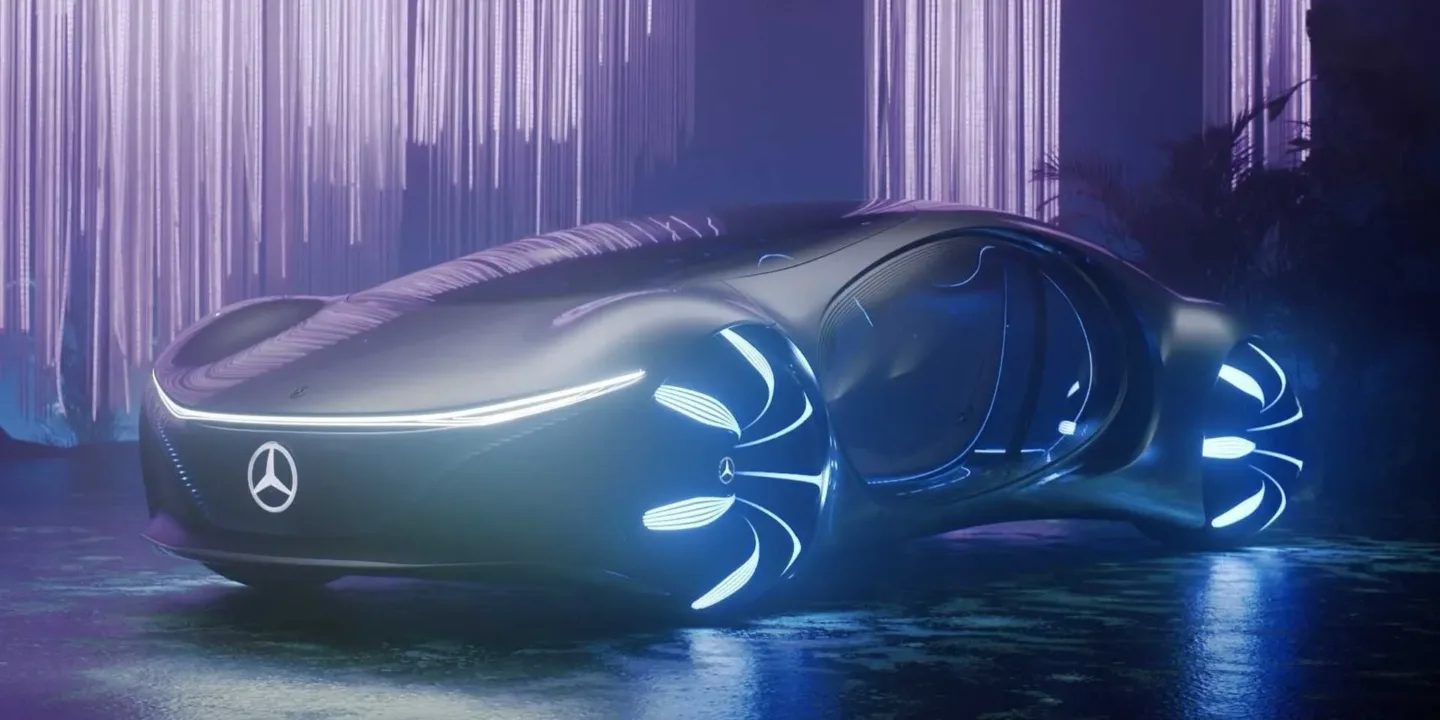
The Growing Popularity of Electric Vehicle
In recent years, there has been a significant surge in the popularity of electric vehicles. These environmentally-friendly vehicles have gained traction among consumers due to their numerous benefits. Electric cars have come to be seen as a possible answer to the problem of sustainable transportation in light of rising worries about climate change. The advancements in technology have not only made these vehicles more efficient but also more accessible to the general public. As a result, electric vehicles have become a symbol of progress and a statement of environmental responsibility.
One of the key factors driving the popularity of electric vehicle is the increase in availability of electric vehicle charging station. As more charging stations are being installed in various locations, the range anxiety associated with electric vehicles is gradually diminishing. Additionally, improvement in electric vehicle battery has extended the driving range of these vehicles, making them a viable option for longer trips. With government initiatives and private investments focusing on expanding the charging network, the convenience of owning an electric vehicle has significantly increased. As a result, more individuals are willing to make the switch to best electric vehicle, contributing to their growing popularity.
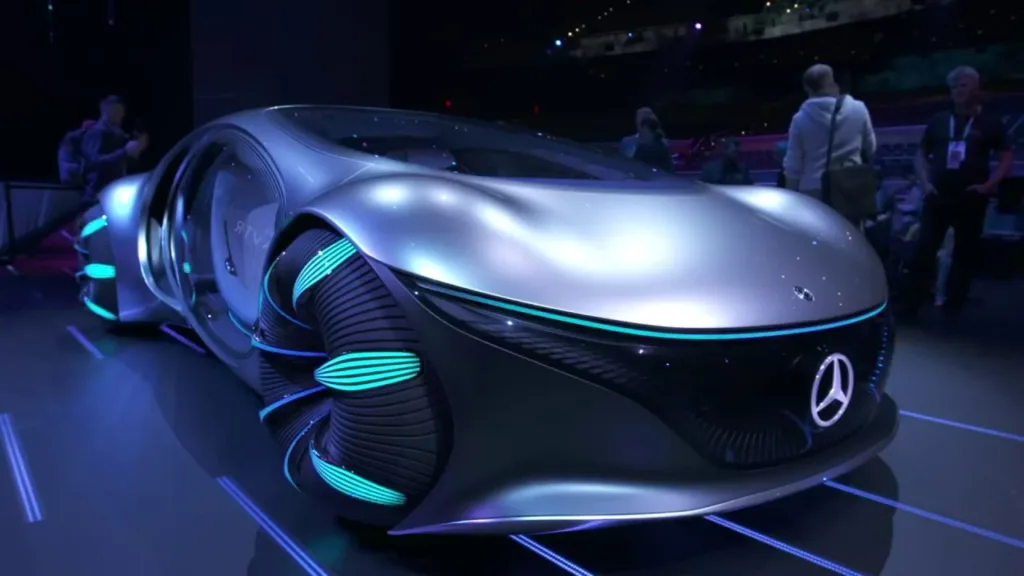
Advancements in Electric Vehicle Technology
In recent years, there have been significant advancements in electric vehicle technology, paving the way for a future where these vehicles will undoubtedly dominate the automotive market. Manufacturers and researchers have been tirelessly working to improve battery efficiency, driving range, and charging infrastructure, among other crucial aspects of electric vehicles. These advancements will not only make electric vehicles more accessible to the masses but also address concerns about their feasibility as a viable mode of transportation.
Looking ahead to 2023-2024, there is a palpable sense of excitement surrounding the further advancements that will shape the electric vehicle industry. Experts predict that we will witness breakthroughs in battery technology, with higher energy densities and faster charging capabilities. This means that electric vehicles of the future will be able to travel longer distances on a single charge, alleviating one of the main concerns for potential buyers. Additionally, advancements in autonomous driving technologies are expected to make significant strides, making electric vehicles safer and more efficient on the road. These developments will undoubtedly propel the electric vehicle industry into a new era of innovation and growth.
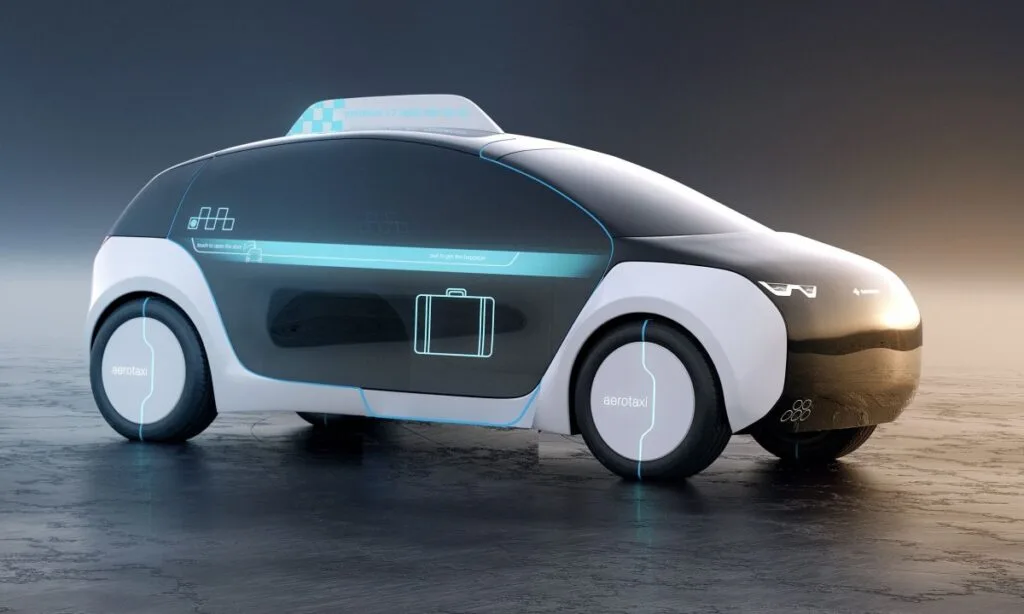
A Look into the Future: Electric Vehicles in 2023-2024
The year 2023-2024 holds great promise for the electric vehicle (EV) industry, with major automotive manufacturers like General Motors (GM) at the forefront of driving this transformation. GM has been committed to the development of electric vehicles and has outlined an ambitious plan for the coming years. By 2023-2024, GM aims to introduce a wide range of electric vehicles into the market, catering to the diverse needs and preferences of consumers. General Motors electric vehicle will incorporate cutting-edge technology, offering enhanced performance, longer ranges, and improved charging infrastructure to facilitate everyday use.
With the advancements in battery technology, it is highly anticipated that the electric vehicles of 2023-2024 will feature even greater range capabilities, eliminating concerns about limited distances. Additionally, GM’s focus on research and development will likely result in more affordable electric vehicles, making them accessible to a wider range of consumers. As the industry continues to evolve, collaborations between GM and other companies in the automotive and technology sectors may pave the way for revolutionary advancements in electric vehicle technology. The future looks bright for electric vehicles, fueling optimism for a sustainable and eco-friendly transportation system in the years to come
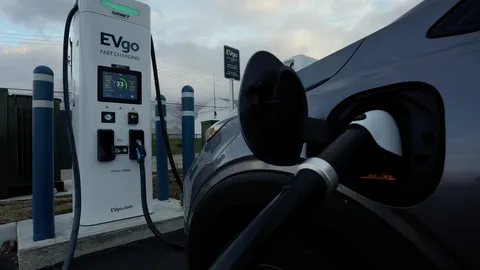
The Impact of Electric Vehicles on the Automotive Industry
The emergence of electric vehicles has had a profound impact on the automotive industry. As consumers become more conscious of their carbon footprint and the need for sustainable transportation options, the demand for electric vehicles has skyrocketed. Manufacturers are now in a race to produce the best electric vehicles that meet the requirements of consumers, both in terms of performance and environmental friendliness. This shift in consumer preferences has forced traditional automakers to rethink their strategies and invest heavily in electric vehicle technology.
The rise of electric vehicles has not only affected the manufacturing sector but also the entire automotive ecosystem. With the increased adoption of electric vehicles, the demand for charging infrastructure has surged. Electric vehicle charging station is now becoming a common sight in urban areas, shopping centers, and even residential complexes. This has created new business opportunities for companies specializing in electric vehicle charging solutions.
Additionally, the demand for skilled professionals in electric vehicle repair and maintenance has also increased, leading to job creation and economic growth in this sector. The impact of electric vehicles goes beyond just reducing carbon emissions; it is reshaping the entire automotive industry as we know it.
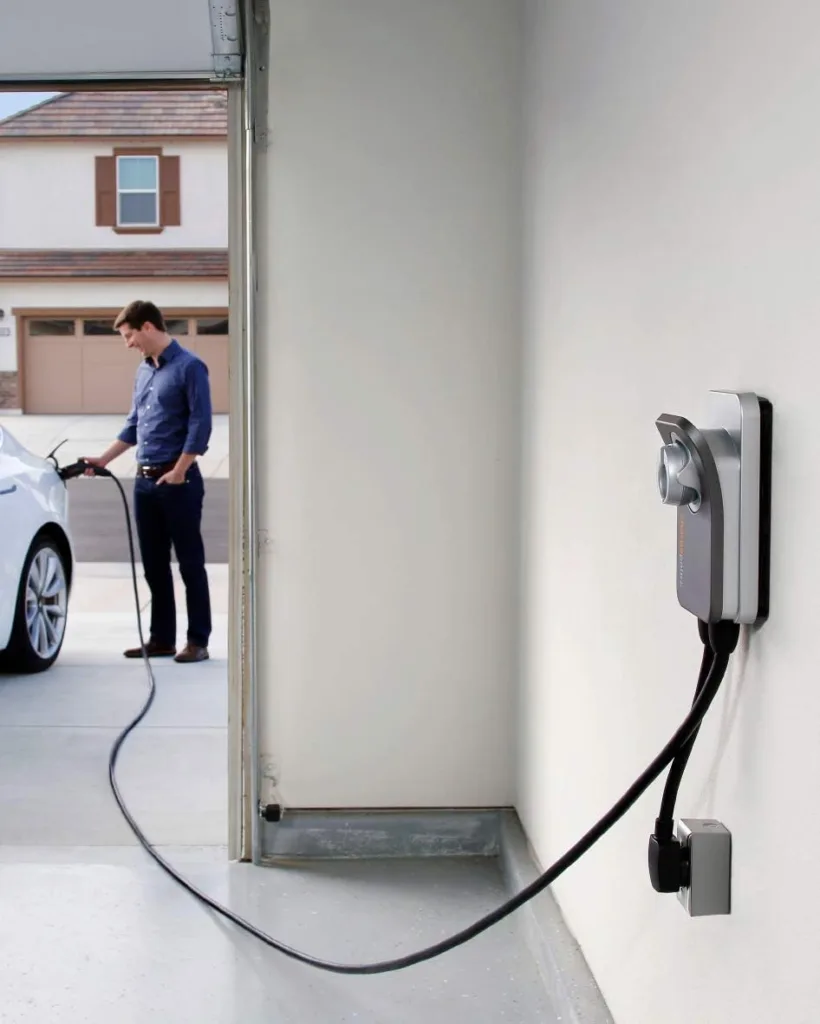
Factors to Consider when Choosing an Electric Vehicle
When considering purchasing an electric vehicle, several important factors must be taken into account:
Range of an Electric Vehicle:
One of the key considerations is the range of an electric vehicle. The range refers to how far the vehicle can travel on a single charge. This is crucial to ensure that the electric vehicle meets your daily driving needs, whether it be for commuting to work or embarking on longer journeys. A longer range allows for more flexibility and reduces the need for frequent charging. It is recommended to determine your average daily driving distance and choose an electric vehicle with a range that comfortably covers this distance. Additionally, it is worth noting that the range of electric vehicles can vary depending on driving conditions such as weather and terrain. Therefore, it is essential to consider realistic ranges for different scenarios.
Availability and Accessibility of charging infrastructure:
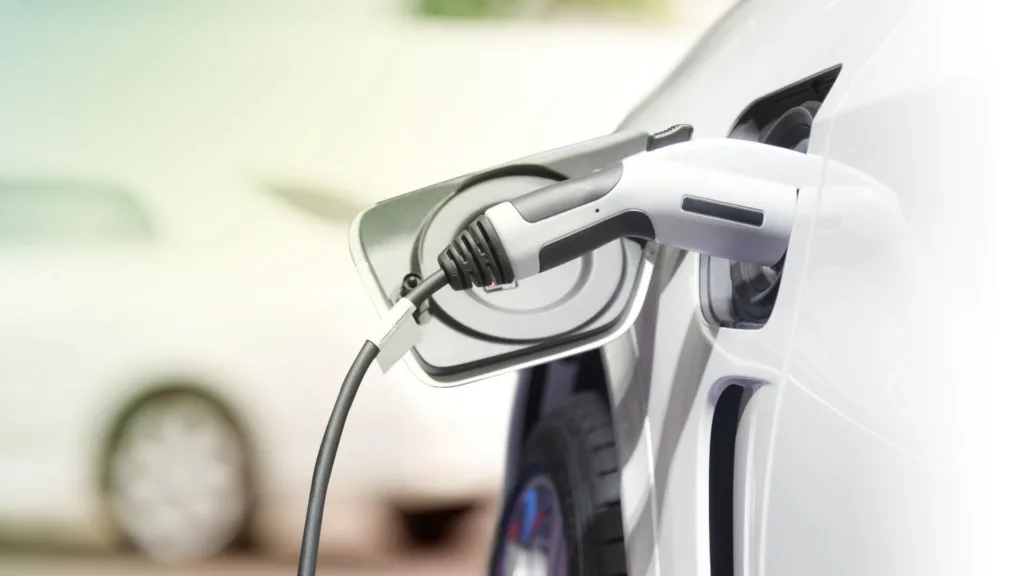
Another significant factor to consider when choosing an electric vehicle is the availability and accessibility of charging infrastructure. Unlike traditional gasoline vehicles, electric vehicles require frequent charging to operate effectively. Therefore, it is important to assess the charging infrastructure in your area to ensure that you can easily access charging stations. Look for the presence of public charging stations, both standard and fast charging, as well as the proximity of these stations to your home and workplace. Additionally, it may be beneficial to explore the availability of home charging options, such as installing a dedicated charging station or utilizing a standard electrical outlet. By considering the range and charging infrastructure, you can make an informed decision to select an electric vehicle that suits your individual needs and ensures a seamless and convenient driving experience.
Performance, Acceleration & Pricing of an electric vehicle:
The performance and acceleration of an electric vehicle must not be overlooked. The ability to accelerate quickly and smoothly can enhance the overall driving experience. Lastly, the price and warranty of the vehicle, as well as the availability of maintenance services, are essential aspects to evaluate. Considering these factors will help in selecting the best electric vehicle that meets your expectations.
Evaluating the Best Electric Vehicle in the Market
In recent years, various electric vehicle models have entered the market, making it challenging to determine which one reign’s supreme. Evaluating the best and most cost-effective electric vehicle (EV) entails considering a variety of factors and options.
Hybrid electric vehicle, such as Toyota electric vehicle and Honda electric vehicle blend with gasoline and electric power to optimize fuel efficiency and reduce emissions. These options are often a practical choice for those seeking a balance between eco-friendliness and affordability.
If luxury and cutting-edge technology are priorities, Tesla electric vehicle Is renowned for its innovative features, superb performance, and extensive range. While it tends to be on the higher end of the price spectrum, the value it offer in terms of both performance and electric driving experience can justify the investment for many.
On the more budget-friendly side of the spectrum, Kia electric vehicle and Jeep electric vehicle can be more accessible without sacrificing efficiency and performance. These options are particularly appealing for those who want to make the switch to electric driving without breaking the bank.
Ultimately, the best and most affordable electric vehicle for you will depend on your unique preferences, be it brand reputation, budget constraints, specific features, or even the type of driving you typically do. Conducting thorough research and test-driving different models will help you make an informed decision that aligns with your individual needs and priorities.
The Environmental Benefits of Electric Vehicles

Electric vehicles (EVs) have gained significant attention in recent years due to their positive impact on the environment. One key environmental benefit of EVs is their lower carbon emissions compared to traditional gasoline-powered vehicles. When charged with electricity from renewable sources such as wind or solar, EVs produce zero tailpipe emissions, reducing greenhouse gas emissions and air pollution. This helps combat the ongoing issue of climate change that our planet is facing.
Another environmental advantage of EVs is their potential to reduce noise pollution. Electric motors are quiet and produce little to no noise while in operation. This is especially beneficial in urban areas where noise pollution from vehicles can have a negative impact on the quality of life for residents. Switching to electric vehicles can contribute to quieter neighborhoods and create a more peaceful and pleasant living environment. By considering these environmental benefits, it is clear that electric vehicles have the potential to play a significant role in promoting a sustainable future for transportation.
Overcoming Challenges in the Adoption of Electric Vehicles
Electric vehicles (EVs) have gained significant attention in recent years due to their potential to reduce greenhouse gas emissions and dependence on fossil fuels. However, despite the numerous benefits they offer, there are still several challenges that need to be overcome for widespread adoption of EVs.
Challenge #1 :
One of the major challenges is the limited availability of charging infrastructure. Although there has been an increase in the number of charging stations in many cities, the overall network is still not extensive enough to meet the growing demand. This poses a concern for potential EV owners who may worry about the availability of charging points during long journeys or in less developed areas.
Furthermore, the time taken to charge EVs is often longer compared to refueling traditional vehicles, which further add to the inconvenience for drivers. To address this challenge, it is crucial for governments and private organizations to invest in the development of a comprehensive charging network to ensure that EV owners have easy access to charging facilities wherever they go. Additionally, advancements in fast-changing technologies and the integration of renewable energy sources in charging stations can help overcome the current limitations and enhance the overall convenience and efficiency of EV charging.
Challenge #2:
Another key challenge in the adoption of EVs is the higher upfront cost compared to traditional internal combustion engine vehicles (ICEVs). This price disparity stems from the expensive batteries used in EVs, which constitute a significant portion of the vehicle’s overall cost. Although the long-term operational cost of EVs is generally lower due to lower maintenance and fueling expenses, the initial high price acts as a deterrent for many potential buyers. To encourage widespread adoption, it is imperative for governments to provide financial incentives, such as tax rebates or subsidies, to offset the higher upfront cost of EVs. Additionally, advancements in battery technology and increased production scale are expected to drive down the cost of EV batteries in the future, making them more affordable for a broader market.
Overcoming these challenges in the adoption of EVs is vital for a sustainable and greener future. As governments, manufacturers, and individuals continue to work together, it is expected that the barriers hindering the widespread adoption of EVs will gradually diminish, leading to a future where EVs start to replace the exception in society.
The Role of Government Policies in Promoting Electric Vehicle Usage:
Government policies play a crucial role in promoting the adoption and usage of electric vehicles (EVs). Recognizing the importance of reducing greenhouse gas emissions, many governments have implemented policies and incentives to encourage consumers to switch from conventional petrol or diesel vehicles to EVs. One key policy is the provision of financial incentives, such as tax credits and rebates, which help to lower the purchase cost of EVs and make them more affordable for consumers.
Additionally, governments have implemented measures to improve the charging infrastructure for EVs, including the installation of public charging stations and the development of fast charging networks. By providing these infrastructure supports, governments aim to alleviate the range anxiety that potential EV buyers may have and increase their confidence in driving electric.
Furthermore, governments are also taking steps to encourage the adoption of electric vehicles in public transportation and government fleets. By setting targets and requirements for the percentage of EVs in these sectors, governments can stimulate the market demand for EVs and create a favorable environment for their growth. Moreover, some governments have introduced regulations that restrict or phase out the use of conventional vehicles within certain urban zones, aiming to accelerate the transition towards clean and sustainable transportation options. Overall, government policies and initiatives are instrumental in driving the widespread adoption of electric vehicles and fostering a sustainable future in the transportation sector.
Electric Vehicle Tax Credit 2023:
In 2023, the electric vehicle tax credit continues to play a significant role in incentivizing the adoption of electric cars in the United States. The electric vehicle tax credit in 2023 is part of the government’s broader efforts to promote sustainable transportation and combat climate change. This federal tax credit provides financial relief to individuals who purchase qualifying electric vehicles, helping to offset the upfront cost of these environmentally-friendly alternatives to traditional gasoline-powered cars. It’s important to note that the credit’s availability and amount can change, as it is subject to legislation and may vary by the make and model of the vehicle. To take full advantage of this tax incentive, prospective electric vehicle buyers should stay updated on the latest tax credit regulations and consult with a tax professional to ensure they can maximize their savings while contributing to a greener and more sustainable future.
FINAL THOUGHTS:

In conclusion, the electric vehicle (EV) revolution is undeniably transforming the transportation landscape. Electric vehicles are changing the way we travel. They’re cleaner, quieter, and better for the environment because they don’t rely on gasoline. As electric car technology gets even better and more charging stations are built, the future of transportation is looking greener and more sustainable. Electric vehicles offer quieter rides and lower operating costs. They are becoming more affordable, and governments often offer incentives to encourage their adoption. As more people make the switch to electric, it will create a ripple effect, driving improvements in technology, infrastructure, and energy efficiency. This, in turn, will contribute to a greener and more sustainable transportation system, ultimately benefiting not only our environment but also our wallets and quality of life.















3 replies on “How Electric Vehicle Is Revolutionizing Transportation”
[…] eco-friendly. For detailed knowledge about Electric Vehicles and AI check out this amazing article here.One of the key areas where AI is making significant strides is in autonomous vehicles. Self-driving […]
[…] The impact of gesture-based technology extends far beyond gaming and healthcare. Industries worldwide are undergoing a revolutionary transformation, thanks to the integration of hand gestures into their operations. Take the healthcare and automotive industry, for example. With hand gestures, doctors and surgeons can navigate surgery simulations and diagnose patients with greater precision. This not only saves time but also enhances the quality of healthcare, leading to improved patient outcomes. Similarly the companies involved in manufacturing electric cars are now stepping up to integrate gesture based technology in their projects. Read detailed article here: How Electric Vehicle Is Revolutionizing Transportation. […]
[…] Automakers are presented with a myriad of opportunities through the adoption of the Water Engine. This advanced hydrogen-fuel technology empowers automakers to produce cleaner, more efficient electric cars at a lower cost than traditional combustion engines. Beyond financial benefits, automakers can enhance their product range, meeting the rising demand for sustainable solutions. The Water Engine allows for experimentation with new design features and materials, potentially revolutionizing the landscape of electric vehicles. Also read the article about “How EV’s are revolutionizing Transportation.” […]